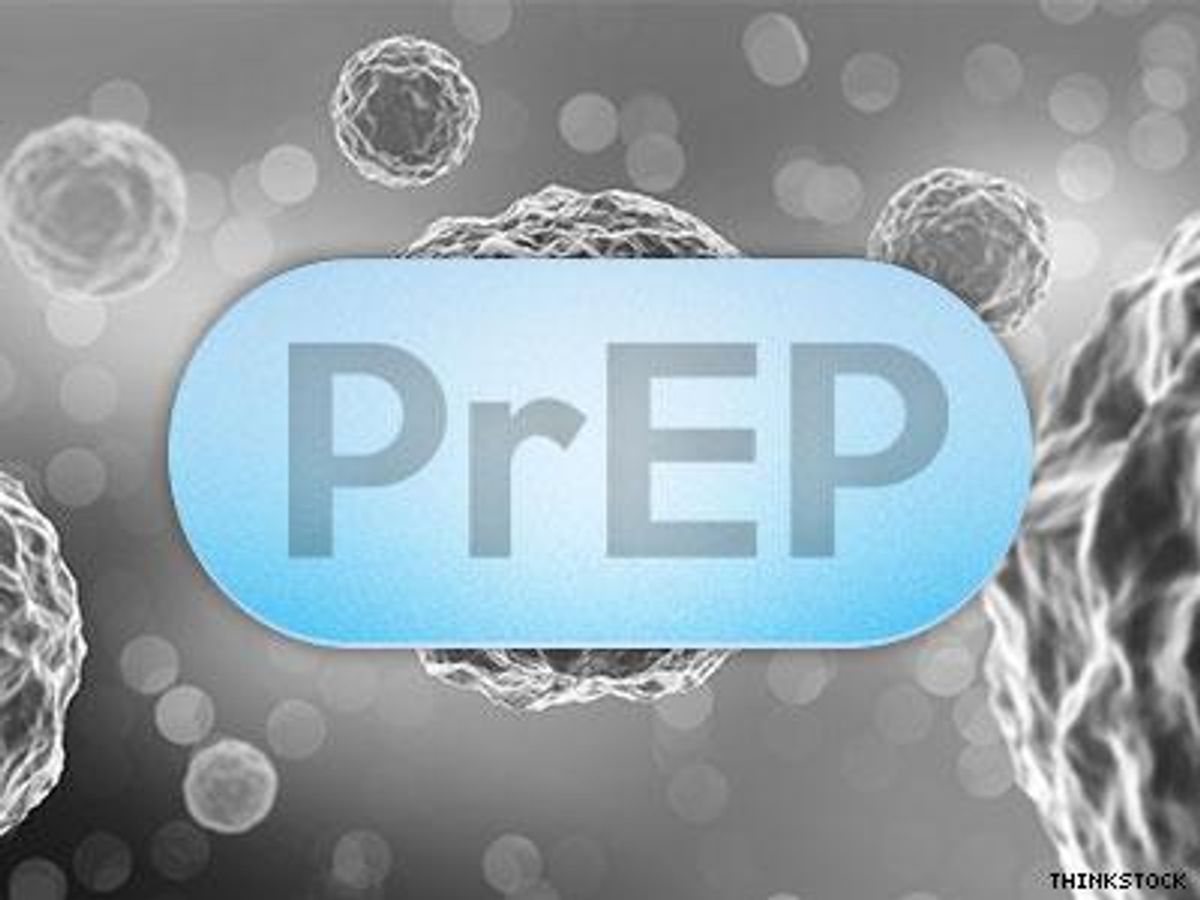After two and a half years of trials, a new study has found no new HIV infections among a group of people on pre-exposure prophylaxis (PrEP).
For 32 months, researchers at the Kaiser Permanente Medical Center in San Francisco tracked the health of over 600 people as they used Truvada daily to prevent the virus in a real-world setting.
The average age of the study participants was 37, and 99 percent were men who have sex with men. The average length of individual usage was 7.2 months. Members of this group also reported a higher likelihood of having multiple sex partners than those not using PrEP.
No one in the study contracted HIV.
Lead author Jonathan Volk, a physician at Kaiser Permanente San Francisco, emphasized that this is the first time such a study has been done in a clinical practice setting at this size. The findings were published Wednesday in Clinical Infectious Diseases, a leading journal of studies on infection disease.
“Our study is the first to extend the understanding of the use of PrEP in a real-world setting and suggests that the treatment may prevent new HIV infections even in a high-risk setting,” he said in a press release. “Until now, evidence supporting the efficacy of PrEP to prevent HIV infection had come from clinical trials and a demonstration project.”
However, 30 percent of participants did contract at least one sexually transmitted infection within six months of the study’s commencement. This number jumped to 50 percent after one year. In addition, 41 percent of participants reported a decrease in condom use, in contrast to the 56 percent who said their use of condoms remained unchanged throughout the study.
“Without a control group, we don’t know if these STI rates were higher than what we would have seen without PrEP,” stressed co-author Julia Marcus. “Ongoing screening and treatments for STIs, including hepatitis C, are an essential component of a PrEP treatment program.”
PrEP has generated controversy in the LGBT community since the Food and Drug Administration approved use of Truvada, also an HIV treatment, for HIV prevention in 2012. Notably, Michael Weinstein, head of the AIDS Healthcare Foundation, has continued to be a vocal opponent, calling Truvada a “party drug” that will discourage use of condoms.
However, dozens of prominent organizations and public figures have supported PrEP for its lifesaving potential, particularly when it is used as part of a safe-sex toolkit that includes condoms.











































































